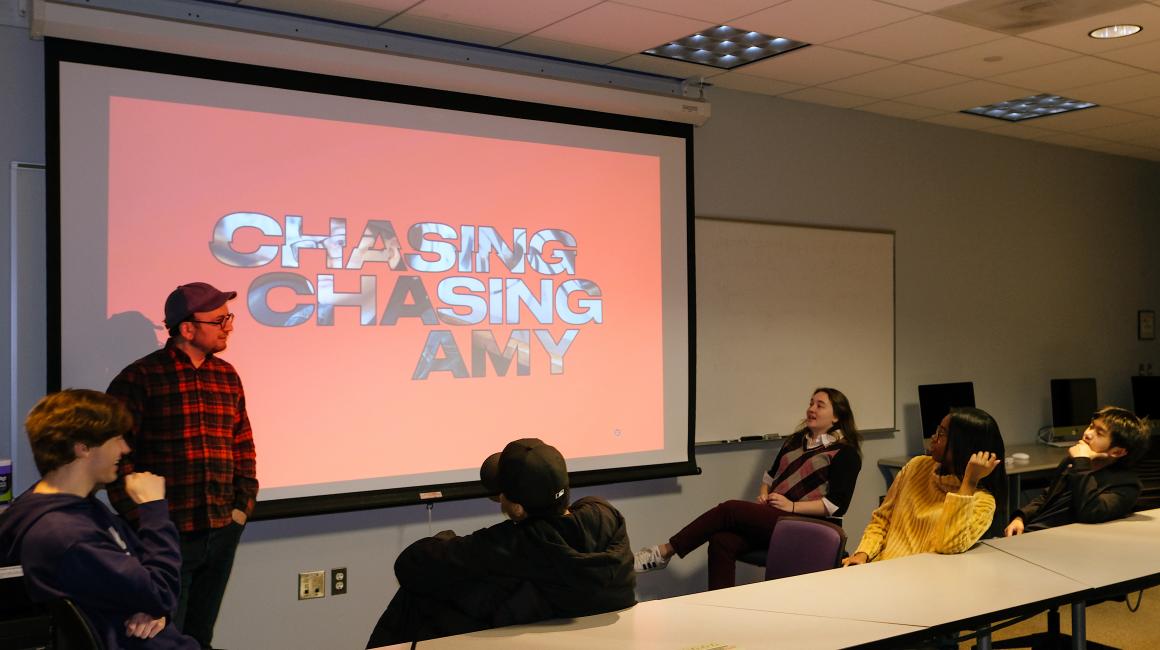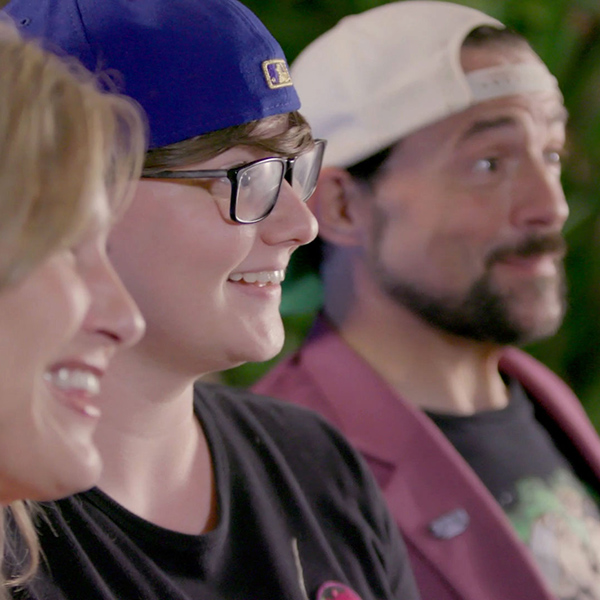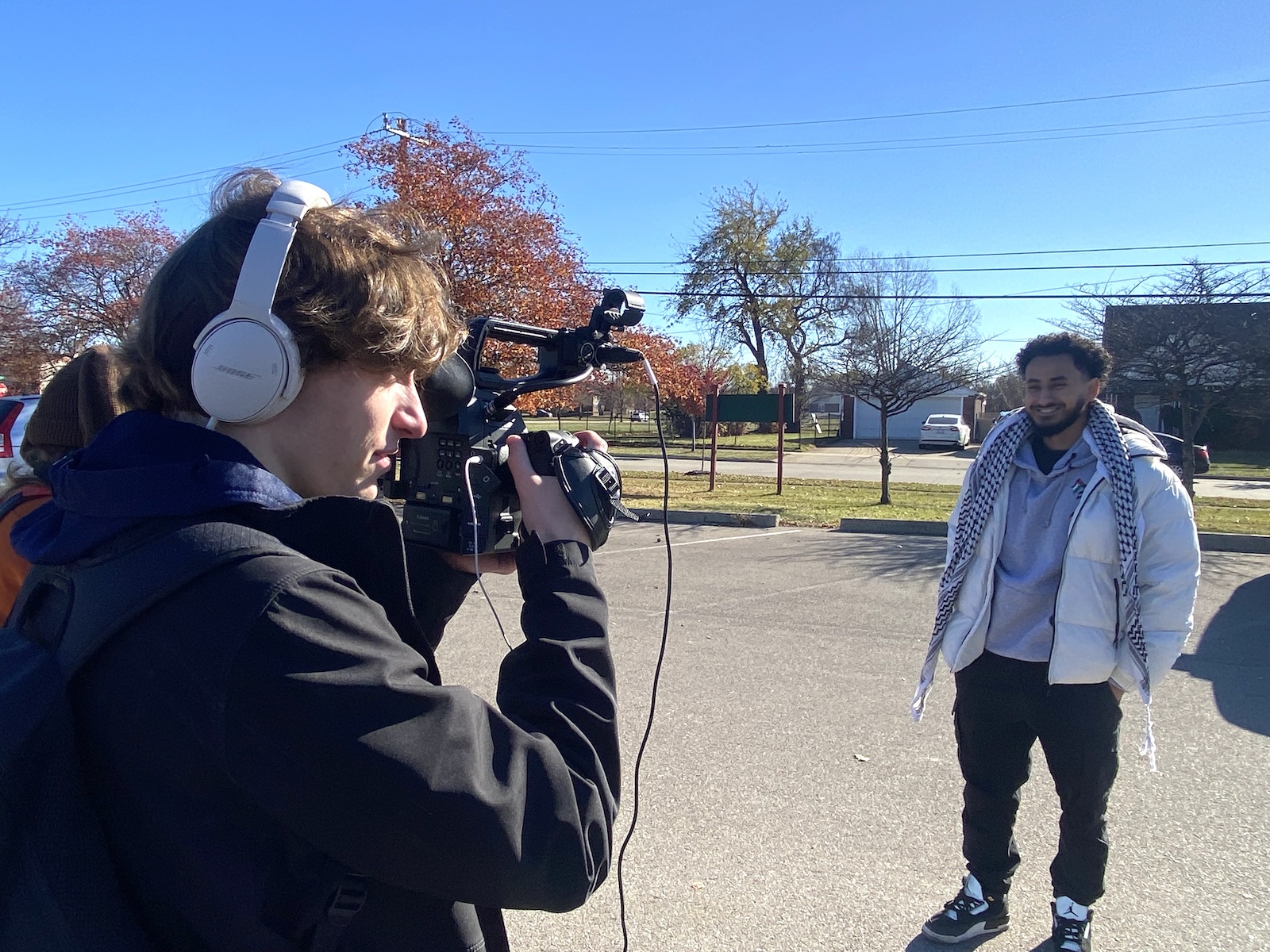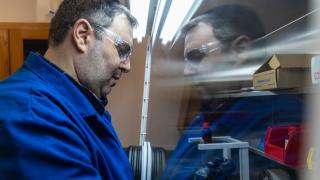Curation is only one aspect of Sekuler’s course — the students are also learning about event planning, festival logistics, marketing and publicity, and fundraising. Through regular Zoom visits with film industry professionals and filmmakers, including Rodgers, the students are hearing firsthand about filmmaker experiences, compensation and other labor practices, organizational structures, and the often difficult realities of making a living as a film programmer, a job Sekuler himself held for many years.
Sekuler was intentional in exposing his students to the nitty gritty of the industry, even convincing a guest programmer to pull up her budget spreadsheet and share it with the class. Such practical skills have wide application, Sekuler points out. “I mean, the dream job is obviously going into film programming,” he says. “The immediate job is you could work in any sort of event production whatsoever. There are skills that you learn from this that are just about how does a cultural organization work, which is really different than, say, a corporate organization.”
While Albrecht has found much of what she has learned sobering, she is glad to have gained a realistic view of the arts industry as she prepares to enter the job market. Practice-based learning, after all, is not just about acquiring the skills related to a potential career choice, but discovering whether that choice aligns with a student’s goals, financial and otherwise.
As her graduation approaches, Albrecht — who has also been a teaching assistant for the Art & Agency project on campus as well as co-editor of the literary journal, Lyceum — says she is considering communications work, where she envisions stability while applying the skills she’s gained in her courses and extracurricular projects. She plans to continue to pursue her creative interests on the side. “What I think I'm figuring out is that I still feel more complete when I am involved in creative work,” she says. “But I am very much aware of the realism now that, like every creative industry, it is kind of a struggle.”
The Freep Film Festival runs April 10-14 at locations in Midtown Detroit and Birmingham, with some streaming options. In addition to the student-selected films, UM-Dearborn’s involvement includes a panel discussion following ‘Chasing Chasing Amy’ moderated by Associate Professor of Women's and Gender Studies Amy Brainard. “Becoming Mighty,” a short film produced by students in Sekuler’s "Arab American Perspectives" documentary filmmaking course last semester, screens as part of the festival’s Real Fresh University Showcase.
Story by Kristin Palm







